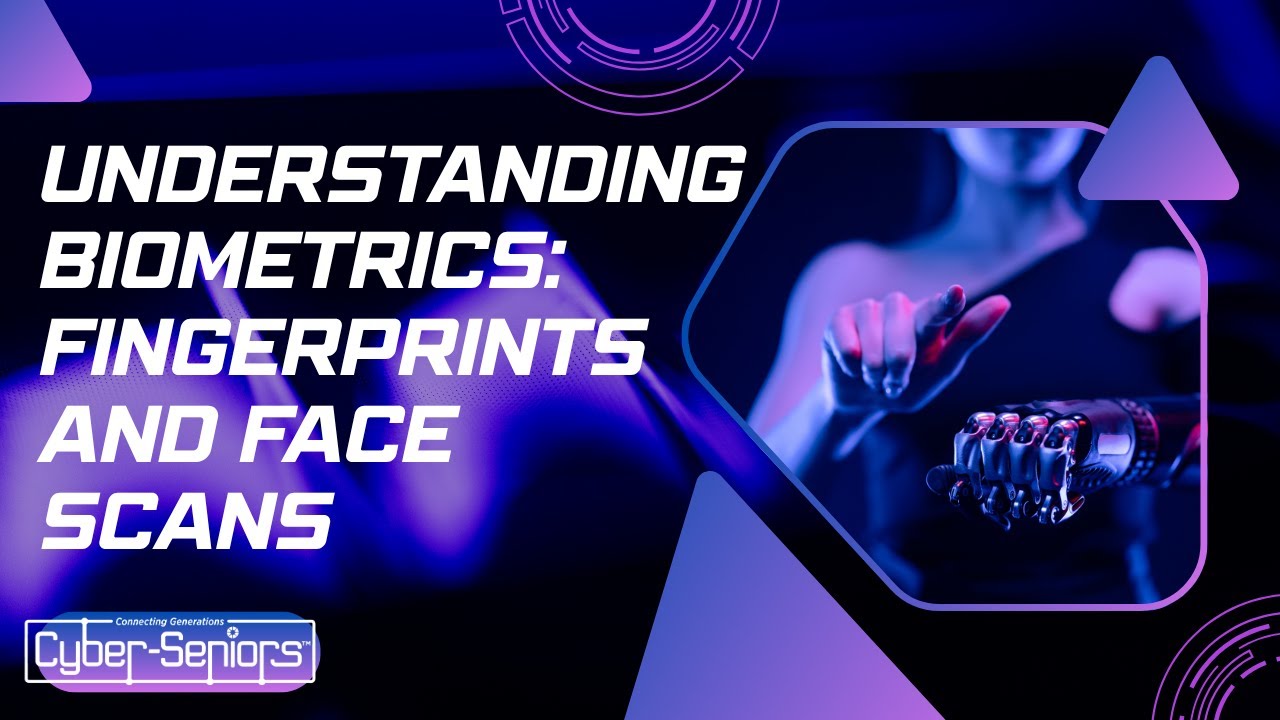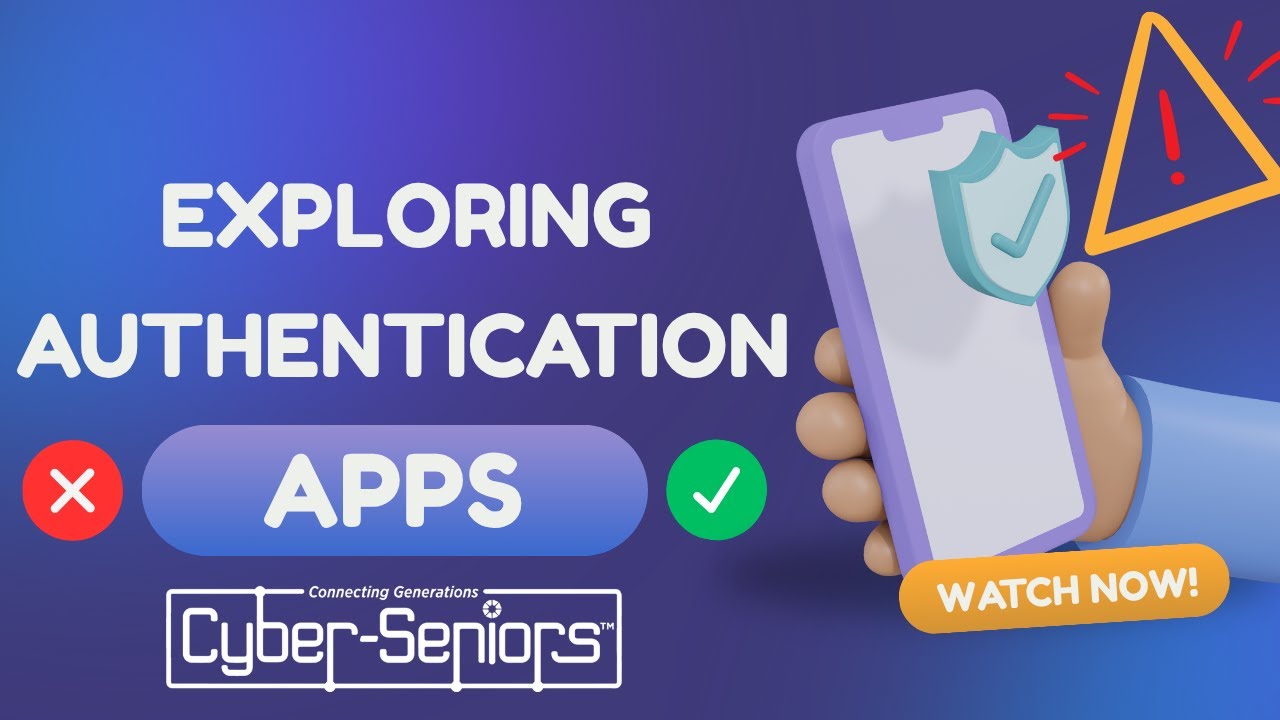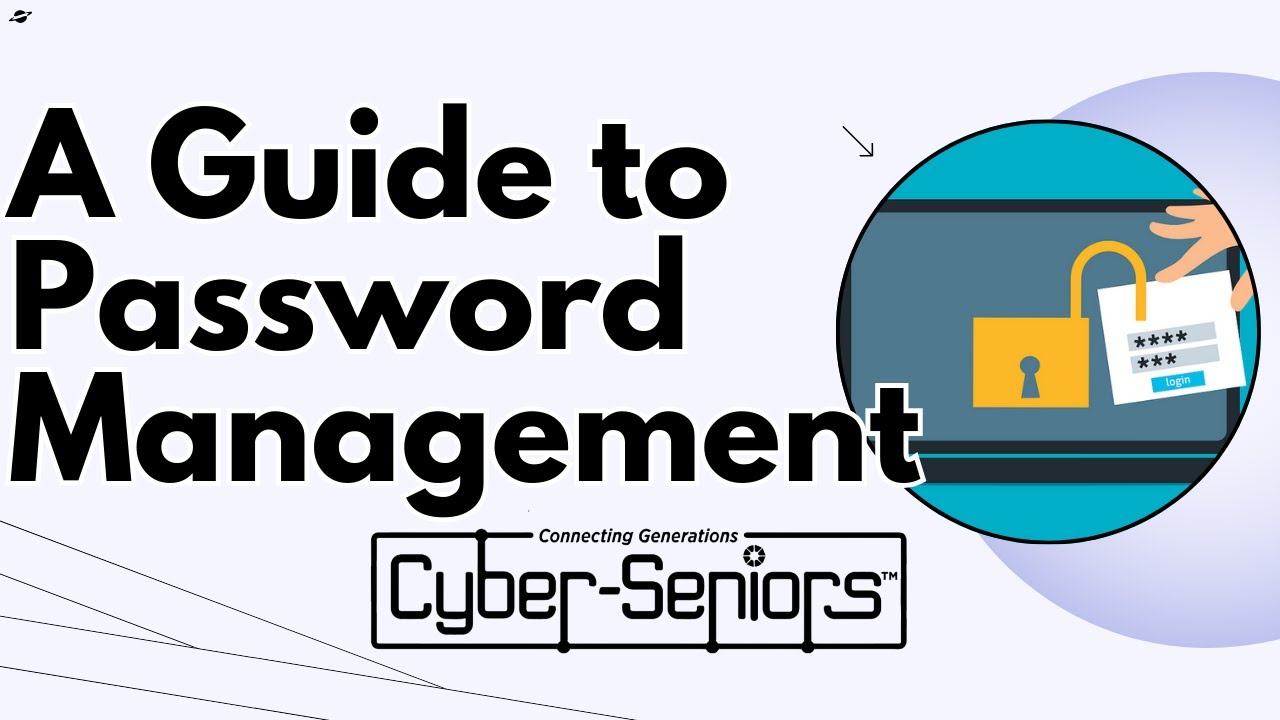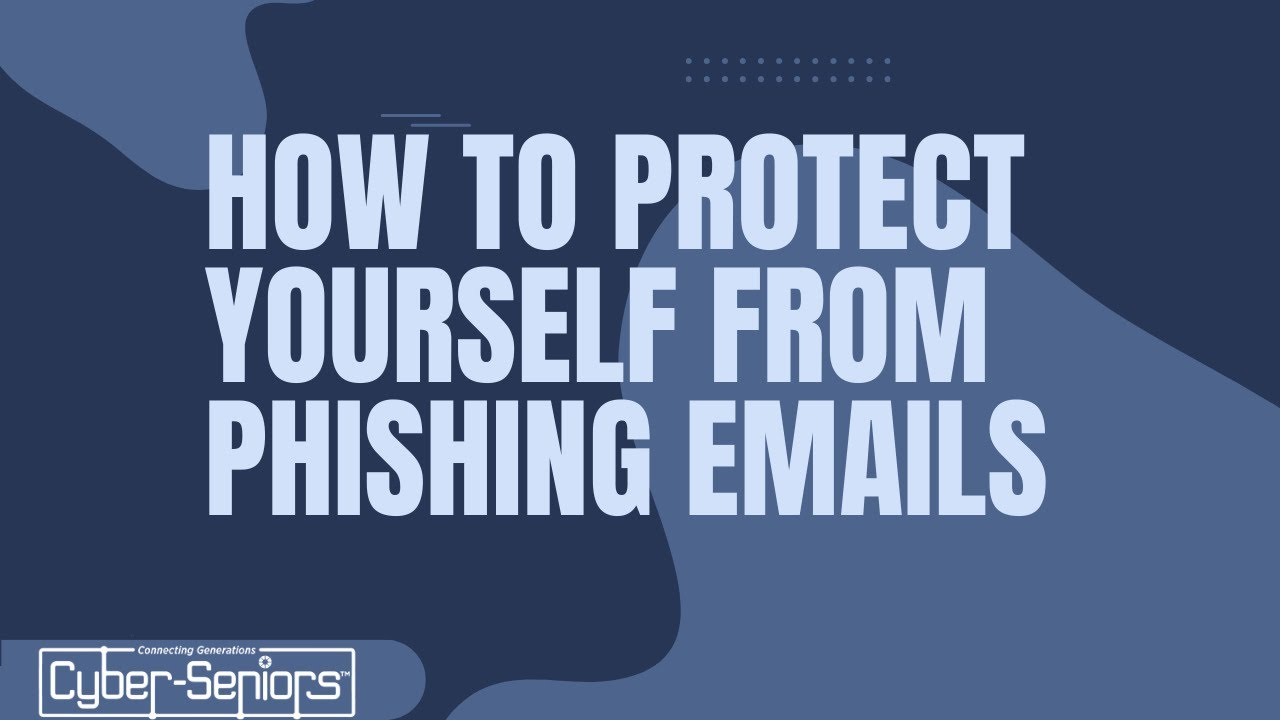The Top Password Managers
In this session, our teen tech mentors will provide information about and compare the leading password managers to discover secure, efficient ways to store and manage your login credentials.

In this session, our teen tech mentors will provide information about and compare the leading password managers to discover secure, efficient ways to store and manage your login credentials.

In this session our teen tech mentors will introduce you to fingerprint and face scanning technology. Learn how biometrics work, where they are used, and how to stay safe while using them for security and convenience!

In this session, our teen tech mentors will teach how authentication apps like Google Authenticator and Authy enhance your digital security by providing two-factor verification to protect your accounts.

In this session, our teen tech mentors will teach you how to identify, block, and report spam, keeping your email boxes safe. Get informed, protect your personal information, and handle spam with confidence with these easy steps!

In this session we will give you tips and things to look out for to navigate the internet safely keeping your information safe.

In this session, our Teen Tech Mentors will guide you through the essentials of password management, helping you create stronger passwords, avoid common risks, and use tools that keep your digital life secure.

In this session, our teen tech mentors will explore online banking safely and will be providing online tips to ensure correct banking services are being used to its full potential safely.

In this session, our Tech mentor will show you how to spot phishing email and how to safe guard from it.

Building users understanding on browser security for maximal cyber safety!

In this live demo session, our teen tech mentors will show you the many risks of shopping online ways to be safer when shopping online.